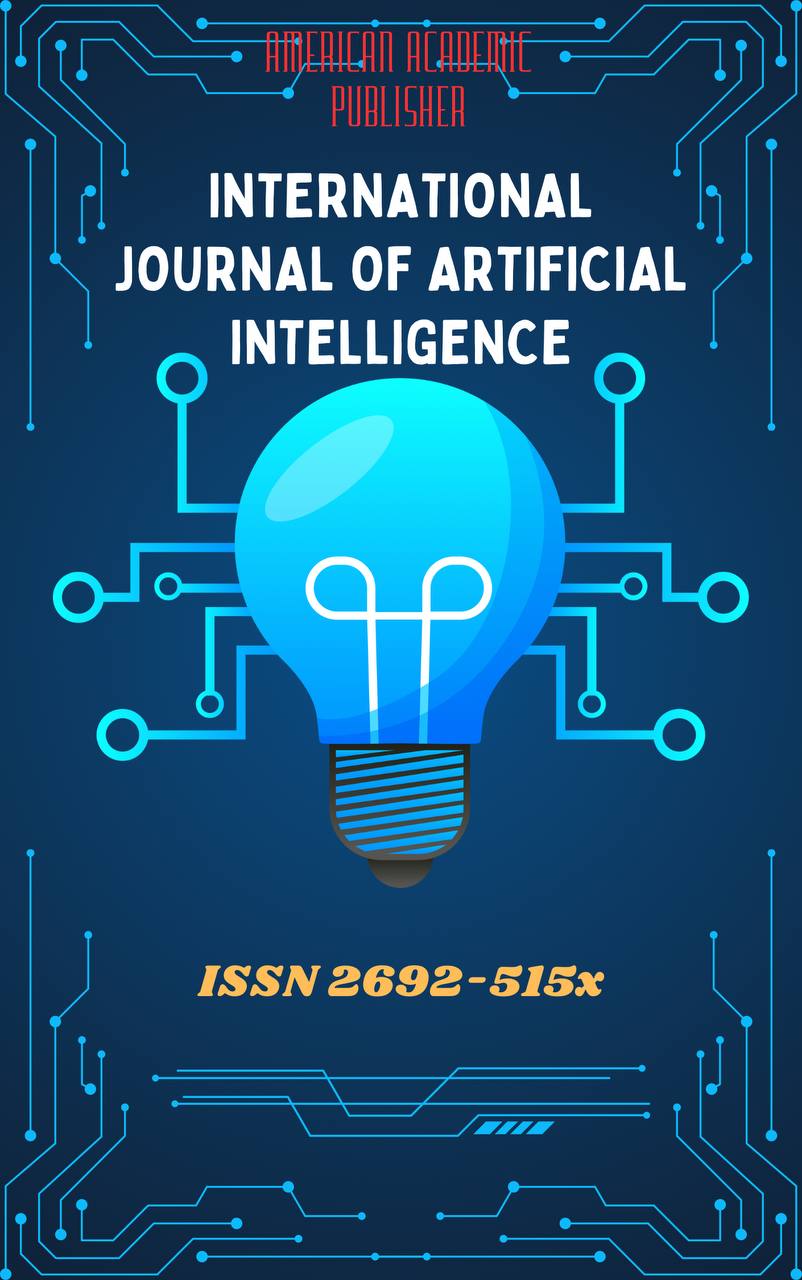 Articles
| Open Access |
Articles
| Open Access | DIGITAL DETOX: EXPLORING THE PSYCHOLOGICAL BENEFITS OF DISCONNECTING FROM THE ONLINE WORLD
Islombek Nazarov ,Gulmira Usmonova,Madina Abdujaparova , 2nd-year student of Faculty of Philology and Language Teaching at Kokand University, Andijan BranchAbstract
In an age where digital connectivity dominates nearly every aspect of life, concerns about its impact on mental health are growing. Excessive screen time, constant notifications, and social media dependency have been linked to increased levels of stress, anxiety, sleep disturbances, and reduced emotional well-being. This paper explores the concept of digital detox—the intentional disconnection from digital devices—and its psychological benefits. By analyzing recent research and expert findings, the study identifies how short- and long-term breaks from screens contribute to improved mood, enhanced focus, and better interpersonal relationships. The literature reveals that digital detox practices, even brief ones, can significantly reduce digital fatigue, promote mindfulness, and restore a healthier balance between online and offline life. Young people, especially students and professionals, appear to benefit the most, as they are often the most exposed to digital overstimulation. Through qualitative analysis and synthesis of scholarly sources, this paper highlights the importance of incorporating digital detox strategies into daily routines to support mental clarity and emotional resilience. Ultimately, the study suggests that regular disconnection from digital devices is not only beneficial but increasingly essential for maintaining psychological health in the modern digital age.
Keywords
Detox digital, screen time, mental health, mindfulness, psychological well-being.
References
Harvard Health Publishing. (2021). Why you need a digital detox — and how to do it. Harvard Medical School
Kuss, D. J., & Griffiths, M. D. (2017). Social networking sites and addiction: Ten lessons learned. International Journal of Environmental Research and Public Health, 14(3), 311.
World Health Organization. (2022). Adolescent mental health: The impact of digital use. Geneva: WHO Press.
Roberts, J. A., & David, M. E. (2020). Partner phubbing and relationship satisfaction among romantic partners: The role of attachment anxiety and boredom. Computers in Human Behavior, 102, 211–219.
Twenge, J. M. (2019). iGen: Why Today’s Super-Connected Kids Are Growing Up Less Rebellious, More Tolerant, Less Happy—and Completely Unprepared for Adulthood. New York: Atria Books.
Alter, A. (2017). Irresistible: The rise of addictive technology and the business of keeping us hooked. New York: Penguin Press.
Montag, C., & Walla, P. (2021). Carpe diem instead of losing your social mind: Beyond digital addiction and digital detox. Addictive Behaviors
Dwyer, R. J., Kushlev, K., & Dunn, E. W. (2018). Smartphone use undermines enjoyment of face-to-face social interactions. Journal of Experimental Social Psychology, 78, 233–239.
Thomas, N., Orme, E., & Kerrigan, F. (2020). Student loneliness: The role of social media through life transitions. Computers & Education, 146, 103754.
Becker, M. W., Alzahabi, R., & Hopwood, C. J. (2018). Media multitasking is associated with symptoms of depression and social anxiety. Cyberpsychology, Behavior, and Social Networking, 16(2), 132–135.
Steers, M.-L. N., Wickham, R. E., & Acitelli, L. K. (2017). Seeing everyone else's highlight reels: How Facebook usage is linked to depressive symptoms. Journal of Social and Clinical Psychology, 33(8), 701–731.
Article Statistics
Downloads
Copyright License

This work is licensed under a Creative Commons Attribution 4.0 International License.

